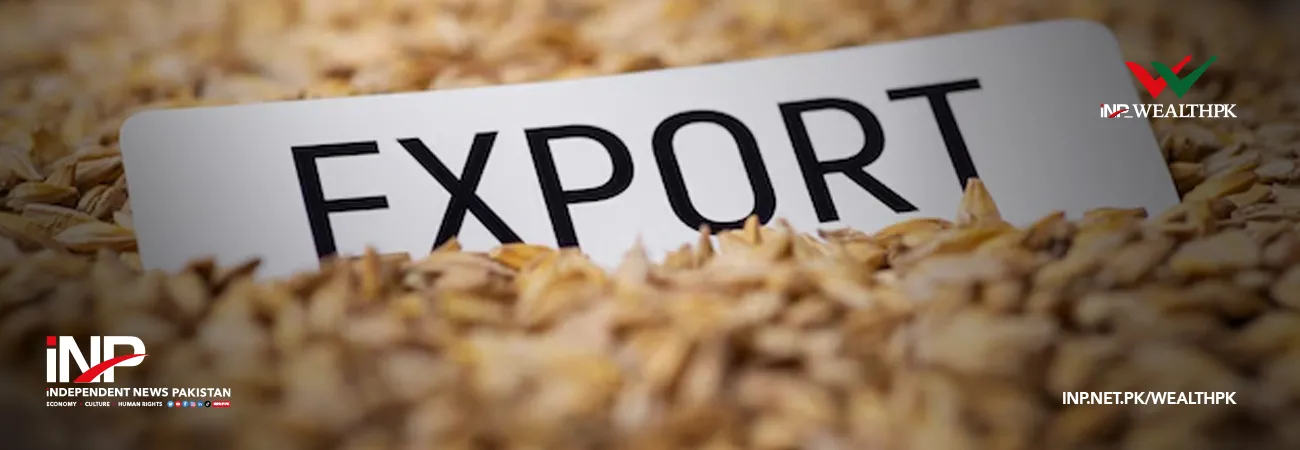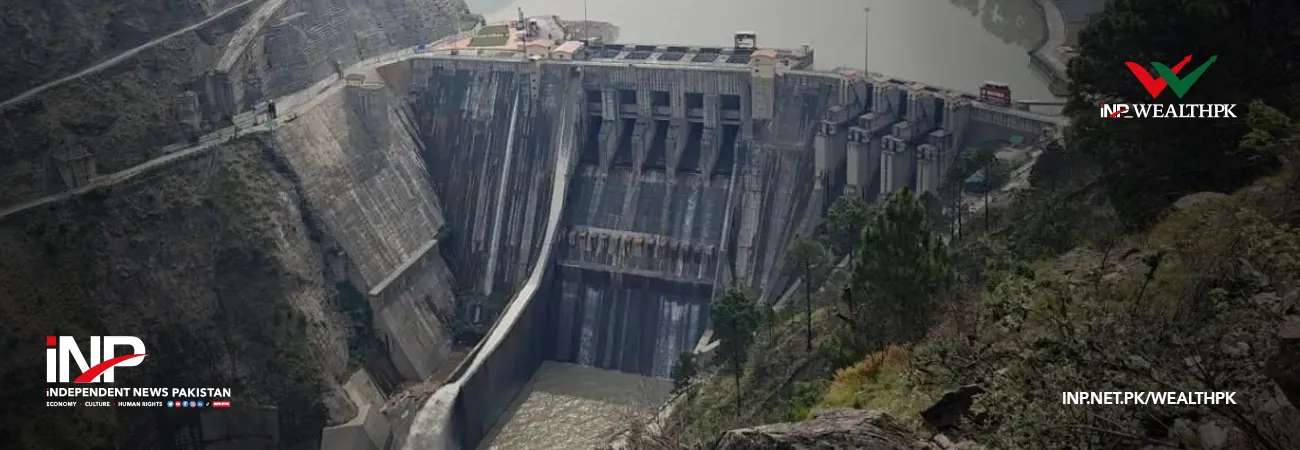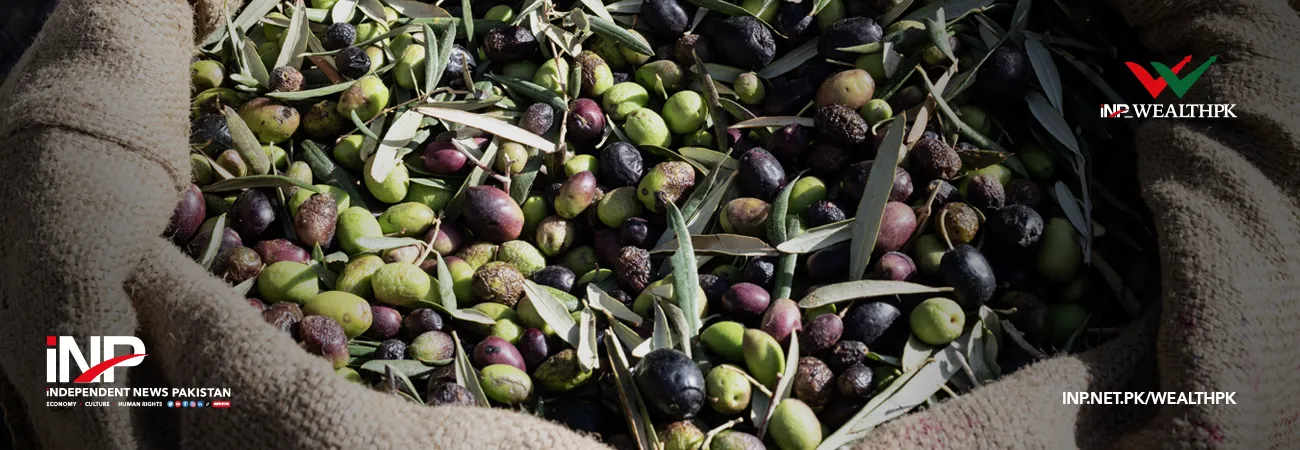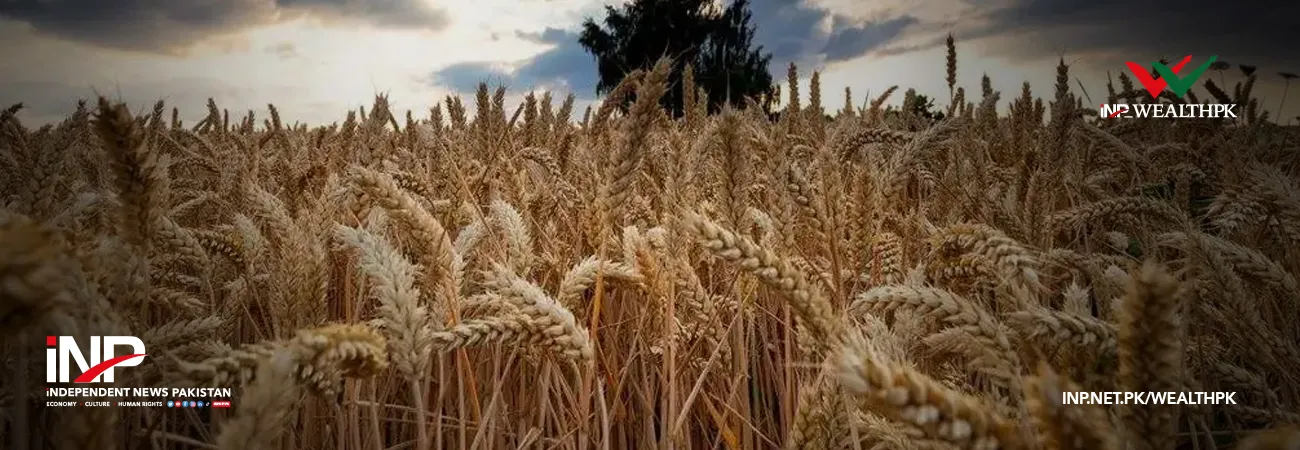INP-WealthPk
Arooj Zulfiqar
As Pakistan grapples with economic challenges, focusing on international trade
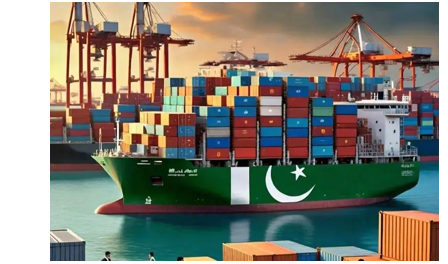
partnerships is necessary to rejuvenate the country’s economic outlook.
“With inflation, fiscal deficit, and mounting external debt threatening economic stability, trade partnerships are a strategic solution to not only foster growth but also enhance long-term resilience,” stressed Dr Sajid Amin, an eminent economist and Deputy Executive Director at Sustainable Development Policy Institute (SDPI). Talking to WealthPK, he said in the current globalised world, countries with robust trade networks were better positioned to achieve sustainable economic growth. He said, “Pakistan’s economic future lies in strengthening its trade relations with key global players such as China, the European Union, the US and countries in the Middle East. These partnerships would not only increase exports but also attract foreign direct investment into sectors where Pakistan has competitive advantages.” “Trade is the lifeblood of economic growth,” said Amin.
“When countries focus on exporting their strengths whether in textiles, agriculture, or technology, they open doors for innovation, job creation, and economic stability. Pakistan has immense untapped potential in these areas, and stronger trade partnerships can unlock the potential.” “Pakistan has long relied on sectors like textiles and agriculture as its primary export engines. However, these industries are ripe for modernisation, which could yield significant export growth. These sectors could dramatically increase their share in international markets by investing in research, adopting new technologies, and improving quality control measures,” Amin underscored. The SDPI deputy executive director said there was a need for Pakistan to diversify its export markets. “While the country has traditionally relied on a few key trading partners, it must explore new regions. Expanding trade beyond traditional partners will reduce Pakistan’s vulnerability to economic shocks and fluctuations in demand.
For example, if political or economic changes affect trade with one major partner, having diversified markets can cushion the impact and keep exports stable.” He said to truly capitalise on the potential of trade partnerships, Pakistan needed to improve its competitiveness. “This involves reducing the cost of doing business, simplifying regulations, and investing in critical infrastructure such as ports, roads, and digital connectivity to facilitate smoother trade operations.” “A competitive economy encourages businesses to thrive and expand. If Pakistan can reduce inefficiencies and make it easier for exporters to reach international markets, we will see a surge in trade activity, which is essential for economic growth,” Amin stressed.
Credit: INP-WealthPk






